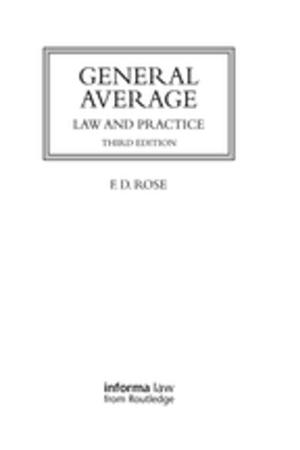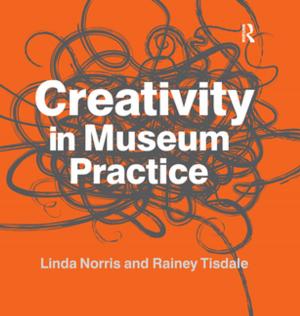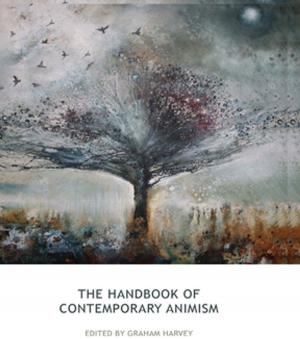Writing Performance, Identity, and Everyday Life
The Selected Works of Ronald J. Pelias
Nonfiction, Health & Well Being, Psychology, Research| Author: | Ronald J. Pelias | ISBN: | 9781351111737 |
| Publisher: | Taylor and Francis | Publication: | March 13, 2018 |
| Imprint: | Routledge | Language: | English |
| Author: | Ronald J. Pelias |
| ISBN: | 9781351111737 |
| Publisher: | Taylor and Francis |
| Publication: | March 13, 2018 |
| Imprint: | Routledge |
| Language: | English |
Writing Performance, Identity, and Everyday Life invites the reader into Ronald J. Pelias’ world of artistic and everyday performance. Calling upon a broad range of qualitative methods, these selected writings from Pelias submerge themselves in the evocative and embodied, in the material and consequential, often creating moving accounts of their topics.
The book is divided into four sections: Foundational Logics, Performance, Identity, and Everyday Life. Part I addresses the methodological underpinnings of the book, focusing on the ‘touchstones’ that inform Pelias’ work: performative, autoethnographic, poetic, and narrative methods. These directions push the researcher toward empathic engagement, a leaning toward others; using the literary to evoke the cognitive and affective aspects of experience; and an ethical sensibility located in social justice. Parts II–IV focus on artistic and everyday life performances, including discussions of the disciplinary shift from the oral interpretation of literature to the field of performance studies; empathy and the actor’s process; conceptions of performance; the performance of race, gender, and sexuality; and performances in interpersonal relations and academic circles.
By the end, readers will see Pelias demonstrate the power of qualitative methods to engage and to present alternative ways of being. Pelias’ work shows us how to understand and feel the evocative strength of thinking performatively.
Writing Performance, Identity, and Everyday Life invites the reader into Ronald J. Pelias’ world of artistic and everyday performance. Calling upon a broad range of qualitative methods, these selected writings from Pelias submerge themselves in the evocative and embodied, in the material and consequential, often creating moving accounts of their topics.
The book is divided into four sections: Foundational Logics, Performance, Identity, and Everyday Life. Part I addresses the methodological underpinnings of the book, focusing on the ‘touchstones’ that inform Pelias’ work: performative, autoethnographic, poetic, and narrative methods. These directions push the researcher toward empathic engagement, a leaning toward others; using the literary to evoke the cognitive and affective aspects of experience; and an ethical sensibility located in social justice. Parts II–IV focus on artistic and everyday life performances, including discussions of the disciplinary shift from the oral interpretation of literature to the field of performance studies; empathy and the actor’s process; conceptions of performance; the performance of race, gender, and sexuality; and performances in interpersonal relations and academic circles.
By the end, readers will see Pelias demonstrate the power of qualitative methods to engage and to present alternative ways of being. Pelias’ work shows us how to understand and feel the evocative strength of thinking performatively.















